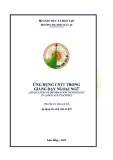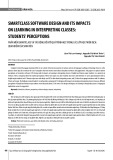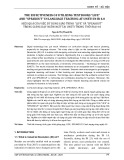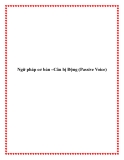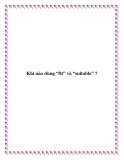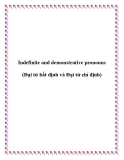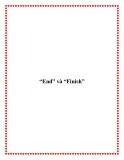
But if you don’t speak the language confidently right now,
then it’s time someone broke this news to you: studying is not
the way to get this confidence!
But I’m almost ready!
When you study, you acquire vocabulary, you improve your
grammar and you do exercises. Logically enough, your level
improves. With time, your potential increases and you can
understand more and you can theoretically join in on a wider
scope of conversations. “One day”, when you’re ready, you can
finally start speaking confidently. Not today though – maybe
you just need to study a little bit more.
Theoretically & Maybe.
Based on my experience and accounts from thousands of
learners I’ve met who need their language in the real
world (not tests), “theoretically and maybe” translate
to never. The academic system seems to have drilled into us
that studying is the way to speak a language. Studying helps
you improve (and to pass a test you do indeed need to know
your grammar/vocab better… because that’s what the test is
usually about) but it is an artificial means of acquiring or
improving the language. Some artificial ways are quite useful,
but they are still artificial.
When you look at a language the same way you look at
geography or history or other subjects in school that can
be tested, then you simply don’t know what a language
actually is.
Stop looking at conversations with human beings as a test
that you have to pass (so, every time you make a mistake you
get a big red X and if you make a certain amount of them, then
you fail). It doesn’t work like that!!
A language is a means of communication. It’s not a table of
grammar rules in some dusty old book, or a piece of paper




